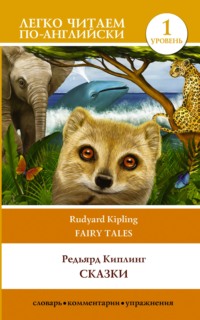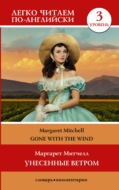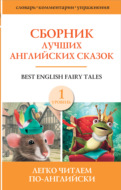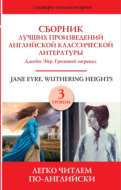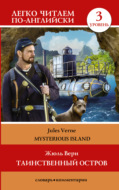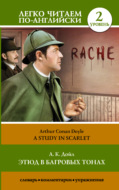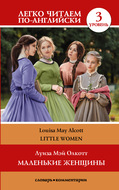Kitobni o'qish: «Сказки / Fairy Tales. Уровень 1»
© Матвеев С.А., адаптация текста, комментарии, упражнения, словарь
© ООО «Издательство АСТ», 2021
Rudyard Kipling
Fairy Tales
How the Whale got his throat
In the sea, once upon a time, there was a Whale, and he ate fishes. He ate the starfish and the garfish, and the crab and the dab, and the plaice and the dace, and the skate and his mate, and the mackerel and the pickerel, and the eel. All the fishes he could find in all the sea he ate with his mouth – so! But at lastthere was only one small fish left1 in all the sea, and that was a small Astute Fish2, and it swam a little behind the Whale’s right ear. So the Whale could not catch it. Then the Whale stood up on his tail and said,
“I’m hungry.’
And the small Astute Fish said,
‘Noble and generous Cetacean, did you taste Man?’
‘No,’ said the Whale. ‘What is it like?3’
‘Nice,’ said the small Astute Fish. ‘Nice but nubbly.’
‘Then fetch me some,’ said the Whale, and swam away.
‘If you swim tolatitude Fifty North, longitude Forty West4,’ said the Astute Fish, ‘you will find a man. He is sitting on a raft, in the middle of the sea, he has only a pair of blue canvas breeches, a pair of suspenders, and a jack-knife5. He is a shipwrecked Mariner.’
So the Whale swam and swam to latitude Fifty North, longitude Forty West, as fast as he could swim. And the Whale found one single, solitary shipwrecked Mariner. The Mariner was on a raft, in the middle of the sea. He had a pair of blue canvas breeches, a pair of suspenders, and a jack-knife.
Then the Whale opened his mouth back and back and back till it nearly touched his tail. And then he swallowed the shipwrecked Mariner and his raft, and his blue canvas breeches, and the suspenders, and the jack-knife. After that the Whale smacked his lips, and turned round three times on his tail.
But when the Mariner found himself6 inside the Whale’s dark stomach, he stumped and he jumped and he thumped and he bumped, and he pranced and he danced, and he banged and he clanged, and he hit and he bit, and he leaped and he crept, and he prowled and he howled, and he hopped and he dropped, and he cried and he sighed, and he crawled and he bawled, and he stepped and he danced. The Whale felt very unhappy.
So the Whale said to the Astute Fish,
‘This man is very nubbly, and besides I hiccup because of him. What to do?’
‘Tell him to come out,’ said the Astute Fish.
So the Whale cried to the shipwrecked Mariner, ‘Come out andbehave yourself7. I hiccup because of you.’
‘No, no!’ said the Mariner. ‘Take me home first!’
And he began to dance again.
‘You must take him home,’ said the Astute Fish to the Whale. ‘There is no other way.’
So the Whale swam and swam and swam, with both flippers and his tail, as fast as he could. At last he saw the Mariner’s land, and he rushed to the beach, and opened his mouth wide and wide and wide, and said,
‘Walk out!’
And the Mariner walked out of his mouth. But the Mariner was very cunning: he took his jack-knife and cut up the raft into a little square grating, and he tied it with his suspenders, and he dragged that grating into the Whale’s! Then he sang the song:
With this grating,
I stop your eating.
After that the Mariner stepped out on the shingle, and went home to his mother. Then he married and lived happily enough.
